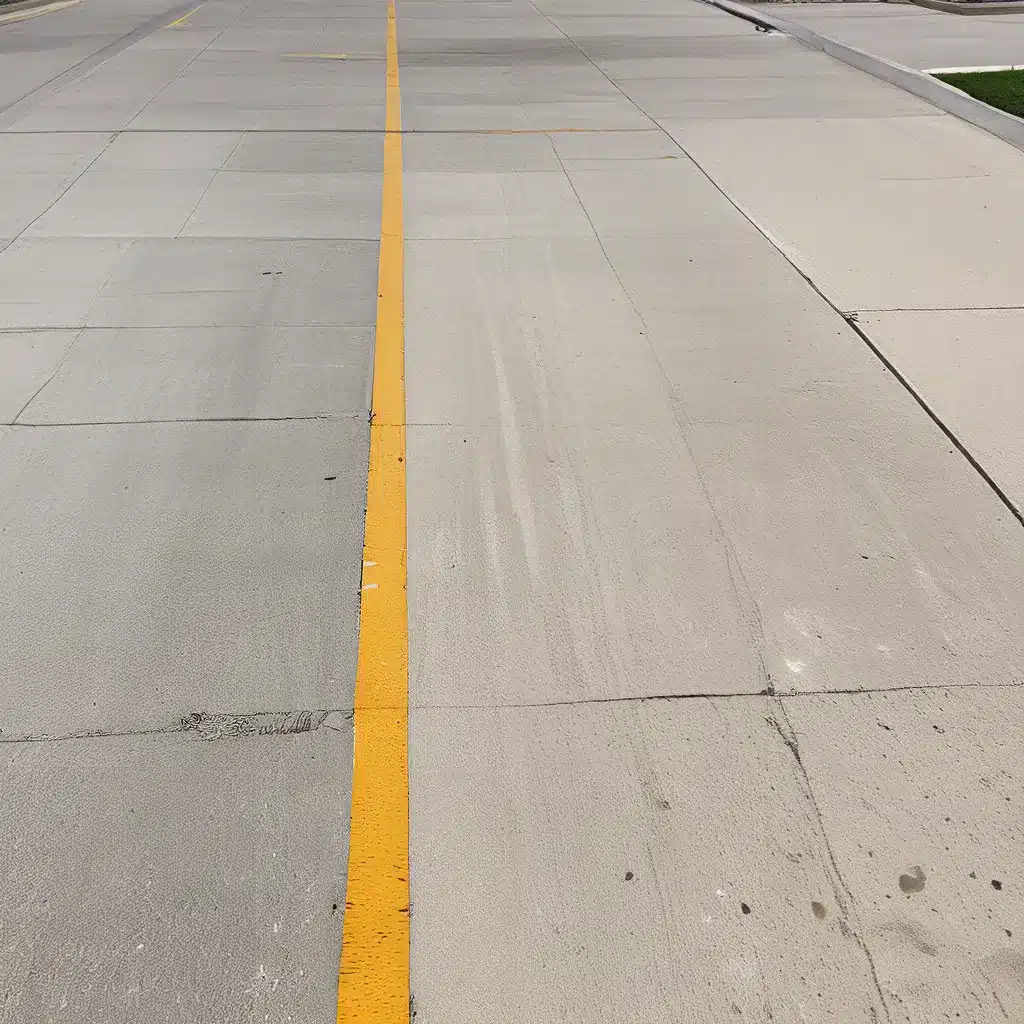
In the bustling metropolitan landscape of Kansas City, concrete has long been the foundation upon which the city’s infrastructure and architectural marvels have been built. From towering skyscrapers to sprawling commercial complexes, this resilient material has withstood the test of time, providing strength, durability, and safety to the community. However, as construction demands continue to rise, the need for innovative concrete solutions that enhance both structural integrity and user safety has become paramount.
Embracing Fiber-Reinforced Concrete: A Transformative Approach
One such solution that has gained significant traction in the Kansas City concrete contracting industry is the use of fiber-reinforced concrete (FRC). This advanced material, which incorporates discrete fibers into the concrete mix, offers a plethora of benefits that make it an increasingly popular choice for a wide range of projects.
At the heart of FRC’s superiority lies its ability to enhance the concrete’s tensile strength and ductility. By strategically distributing fibers throughout the concrete matrix, the material’s resistance to cracking and fracturing is significantly improved, making it a particularly suitable choice for high-stress applications such as bridges, parking structures, and industrial facilities.
Fiber Types and Their Unique Advantages
The versatility of FRC lies in the wide array of fiber types that can be incorporated, each with its own distinct advantages. Steel fibers, for instance, are renowned for their exceptional tensile strength and impact resistance, making them ideal for heavy-duty concrete applications. Synthetic fibers, on the other hand, offer superior resistance to corrosion and chemical attack, making them a preferred choice for environments with aggressive conditions.
Moreover, the incorporation of glass fibers into concrete has been shown to enhance the material’s durability and resistance to weathering, a crucial factor in the unpredictable climate of Kansas City. Polypropylene fibers, in turn, are known for their ability to mitigate the risk of plastic shrinkage cracking, a common issue in freshly poured concrete.
Optimizing Fiber Distribution and Dosage
The true mastery of FRC lies in the careful selection and distribution of fibers within the concrete mix. Experienced concrete contractors in Kansas City understand that the optimal fiber dosage and dispersion are essential to achieving the desired performance characteristics. By leveraging their expertise and state-of-the-art equipment, they are able to ensure a consistent and homogeneous fiber distribution, guaranteeing that the full potential of the FRC is realized in every project.
Improved Safety and Resilience: The Benefits of FRC
The incorporation of fiber reinforcement in concrete not only enhances the material’s structural properties but also significantly improves safety for both construction workers and end-users. Increased ductility and impact resistance translate to a reduced risk of catastrophic failures, ensuring that buildings and infrastructure remain secure and stable even under extreme loading conditions.
Moreover, the enhanced durability of FRC means that maintenance and repair costs are often lower over the lifespan of a structure, as the material is less susceptible to cracking, spalling, and other forms of deterioration. This long-term cost-effectiveness makes FRC an attractive option for both residential and commercial projects in Kansas City, where budgetary constraints and sustainability concerns are crucial considerations.
Navigating the Complexities of FRC Implementation
While the benefits of FRC are undeniable, the successful implementation of this advanced concrete solution requires a deep understanding of the material’s properties, application techniques, and quality control measures. Kansas City’s leading concrete contractors have invested in comprehensive training and specialized equipment to ensure that every FRC project is executed with the utmost precision and expertise.
Proper Fiber Dispersion and Mixing
One of the key challenges in working with FRC is ensuring uniform fiber distribution throughout the concrete mix. This requires specialized mixing equipment and carefully calibrated dosing systems to prevent fiber balling or clumping, which can compromise the material’s performance. Experienced Kansas City concrete contractors have mastered these techniques, optimizing the mixing process to achieve the ideal fiber orientation and distribution.
Quality Control and Compliance
Maintaining consistent quality in FRC projects is essential to upholding safety standards and maximizing the material’s long-term performance. Kansas City’s leading concrete contractors employ rigorous quality control measures, including regular testing and inspection of the concrete mix, adherence to industry standards, and close collaboration with project engineers to ensure that every FRC application meets or exceeds the required specifications.
Elevating Concrete Excellence in Kansas City
As the demand for innovative, high-performance concrete solutions continues to grow in Kansas City, the role of fiber-reinforced concrete has become increasingly vital. By embracing the transformative power of FRC, Kansas City’s concrete contractors are redefining the standards of safety, durability, and cost-effectiveness in the industry.
Through their commitment to technical expertise, state-of-the-art equipment, and unwavering focus on quality, these professionals are elevating the level of concrete excellence in the region, empowering homeowners, business owners, and municipal authorities to invest in infrastructure that is built to last.
Visit our website to learn more about how fiber-reinforced concrete can transform your next project in Kansas City, ensuring a safer, more resilient, and cost-effective future for the community.

